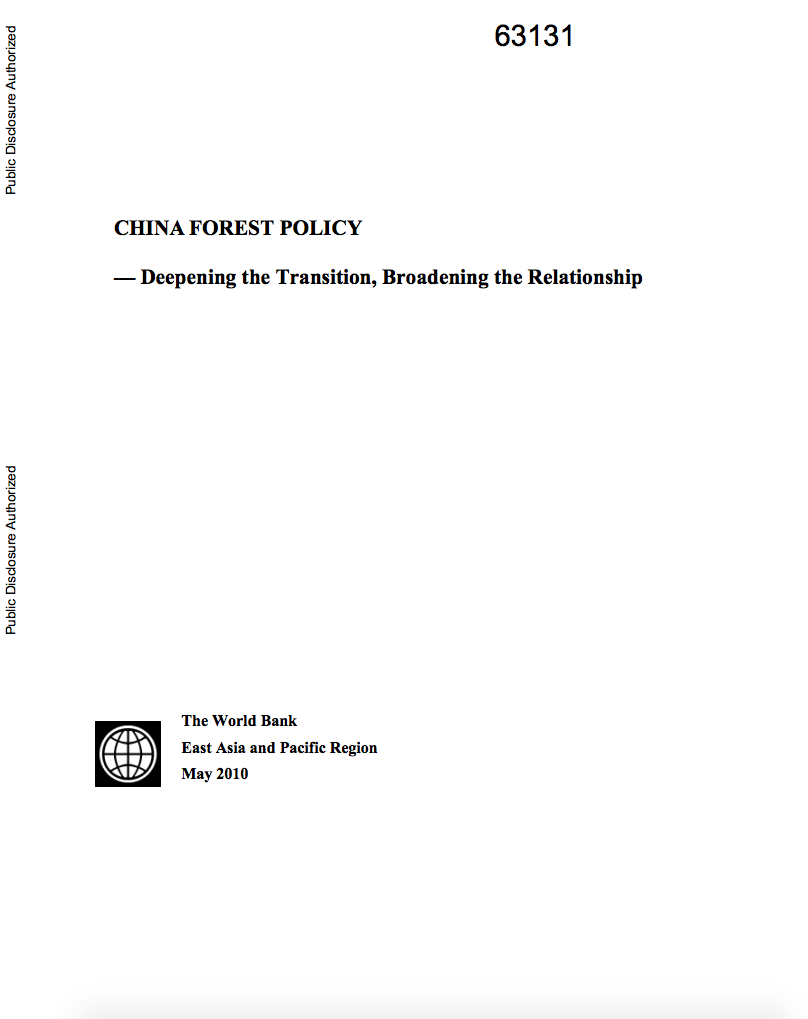Low Carbon, High Growth : Latin American Responses to Climate Change - An Overview
Based on analysis of recent data on the
evolution of global temperatures, snow and ice covers, and
sea level rise, the Intergovernmental Panel on Climate
Change (IPCC) has recently declared that "warming of
the climate system is unequivocal." Global surface
temperatures, in particular, have increased during the past
50 years at twice the speed observed during the first half
of the 20th century. The IPCC has also concluded that with


